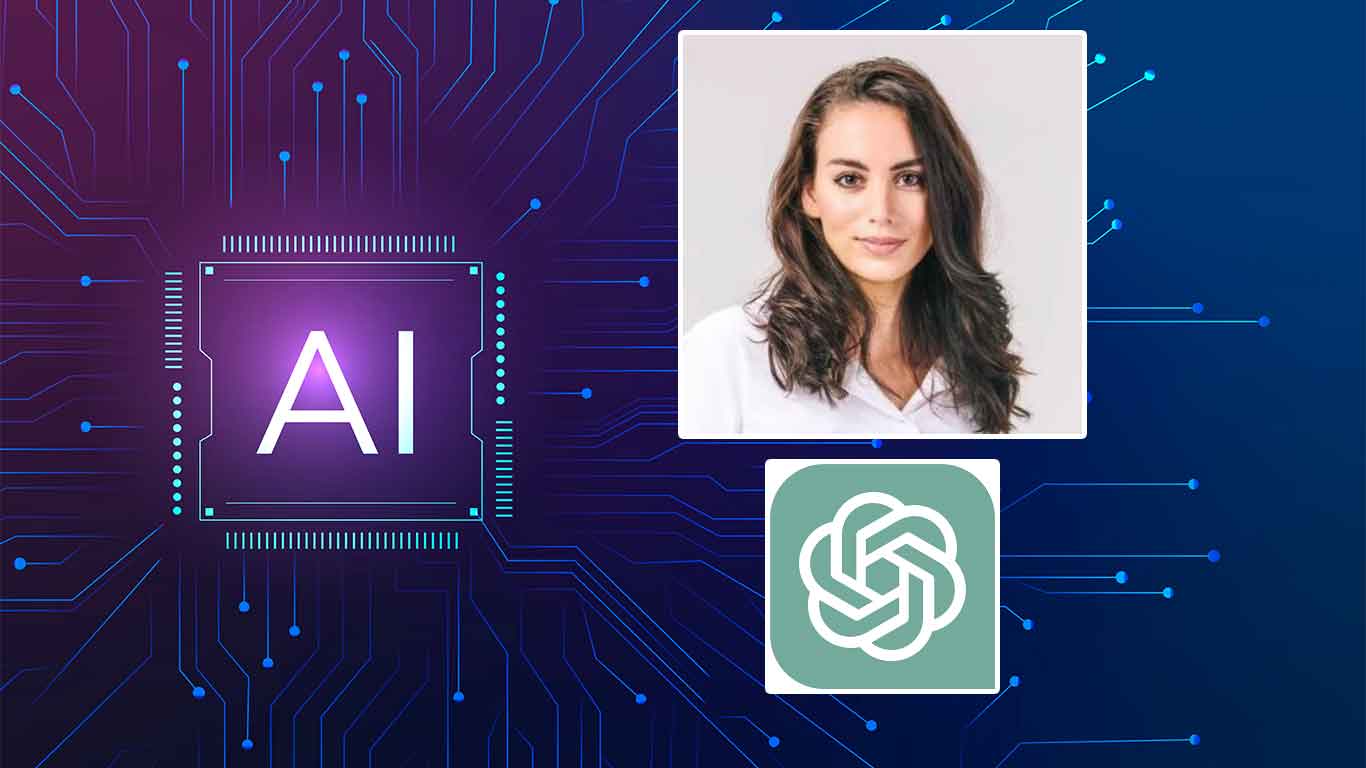In a recent interview with Mira Murati, the Chief Technology Officer of OpenAI, revealed exciting advancements in the evolution of ChatGPT, the AI model. Mira detailed the progression from GPT-3 to the upcoming GPT-5, highlighting important developments in AI capabilities.
AI Comparison To Human Growth:
Mira also compared AI growth to human developmental stages, and then she characterized GPT-3 as having intelligence akin to a toddler, while GPT-4 advanced to the level of a smart high-schooler. The next version and the highly expected GPT-5 is projected to achieve PhD-level intelligence for specific tasks, marking a remarkable jump forward in AI.
Chatgpt 5 Update:
The next version of Chat GPT 5 is expected to be released around late 2025 or early 2026, and the version promises to excel in specialized domains requiring advanced reasoning and knowledge.
Mira underscored its potential, to change that will happen in professional and academic fields in the future, due to its offering human-level performance in many tasks which leads to surpassing human capabilities in the fields.
OpenAI continues to push the boundaries of AI technology with GPT-5, the stage is set for a new era of intelligent systems that promise to redefine how we work, create, and interact with technology in the years to come.
AI's future capabilities and risks:
She then addresses her concerns about AI's future capabilities and risks, Mira emphasized the importance of safety and ethics in development. She highlighted that smarter AI systems are easier to manage and direct, crucial for ensuring their safe and ethical integration into society.
She said, "In terms of safety, security, the societal impacts of this work, I think these things are not an afterthought. It can be that you sort of develop the technology and then you have to figure out how to deal with these issues. You kind of have to build them alongside the technology and actually in a deeply embedded way to get it right. And for capabilities and safety, they're actually not separate domains. They go hand in hand. It's much easier to direct a smarter system by telling it, okay, just don't do these things. They need to direct a less intelligent system. It's sort of like training a smarter dog versus a dumber dog, and so intelligence and safety go hand in hand".
Controversy:
In this interview, she said "Some creative jobs maybe will go away, but maybe they shouldn't have been there in the first place" which created a controversy among the viewers. Some support her stating she's talking about the hardcore skill of using Photoshop or Premiere to do editing stuff and some accuse her inconsiderate choice of words.
Job Risks:
She continued discussing broader implications, Murati predicted AI's transformative impact across industries, particularly in cognitive work and creative fields. She indicated that AI would democratize creativity by lowering obstacles to entry, potentially reshaping job landscapes traditionally limited to a select few.
Mira spoke about the job risks and said, "We don't really understand that AI is going to have on jobs yet. The first step is to actually help people understand what this system are capable of and what they can do, integrate them in workflows and then start predicting and forecasting their impact." She concludes the interview by saying that people should study with less stress which makes people enjoy the process of studying.
